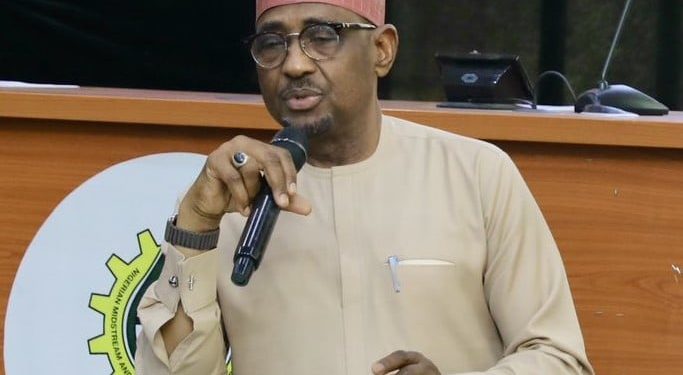Nigeria imported about 15.01 billion litres of Premium Motor Spirit (petrol) between August 2024 and the first 10 days of October 2025, representing nearly 69 per cent of the total national petrol supply within the 15-month period.
This is despite the commencement of petrol production by the Dangote refinery in September 2024, which was expected to drastically cut down import dependence.
Figures from the Nigerian Midstream and Downstream Petroleum Regulatory Authority (NMDPRA) show that total petrol supply during the period stood at 21.68 billion litres, with 6.67 billion litres, or 31 per cent, coming from domestic refining.
The data, titled Import vs Domestic Supply Performance (PMS Daily Average Supply – August 2024 to October 2025), revealed a gradual rise in local production and a corresponding drop in imports.
According to the breakdown, imported petrol averaged 44.60 million litres per day in August 2024 and peaked at 54.30 million litres per day in September 2024 — the same month the Dangote refinery began supplying PMS to the local market.
From then, imports began to decline steadily, falling to 24.15 million litres per day by January 2025, 19.26 million litres per day in September 2025, and 15.11 million litres per day within the first 10 days of October 2025.
The sharp decline indicates that the Dangote refinery is gradually capturing a significant share of the local petrol market. However, this growth has not been without friction, as petrol importers have accused Dangote of using price reductions to undercut competitors and limit their market access.
Industry analysts say that while local production is improving, Nigeria’s dependence on imports remains high, highlighting the need for sustained investment in refining capacity and transparent pricing policies.















